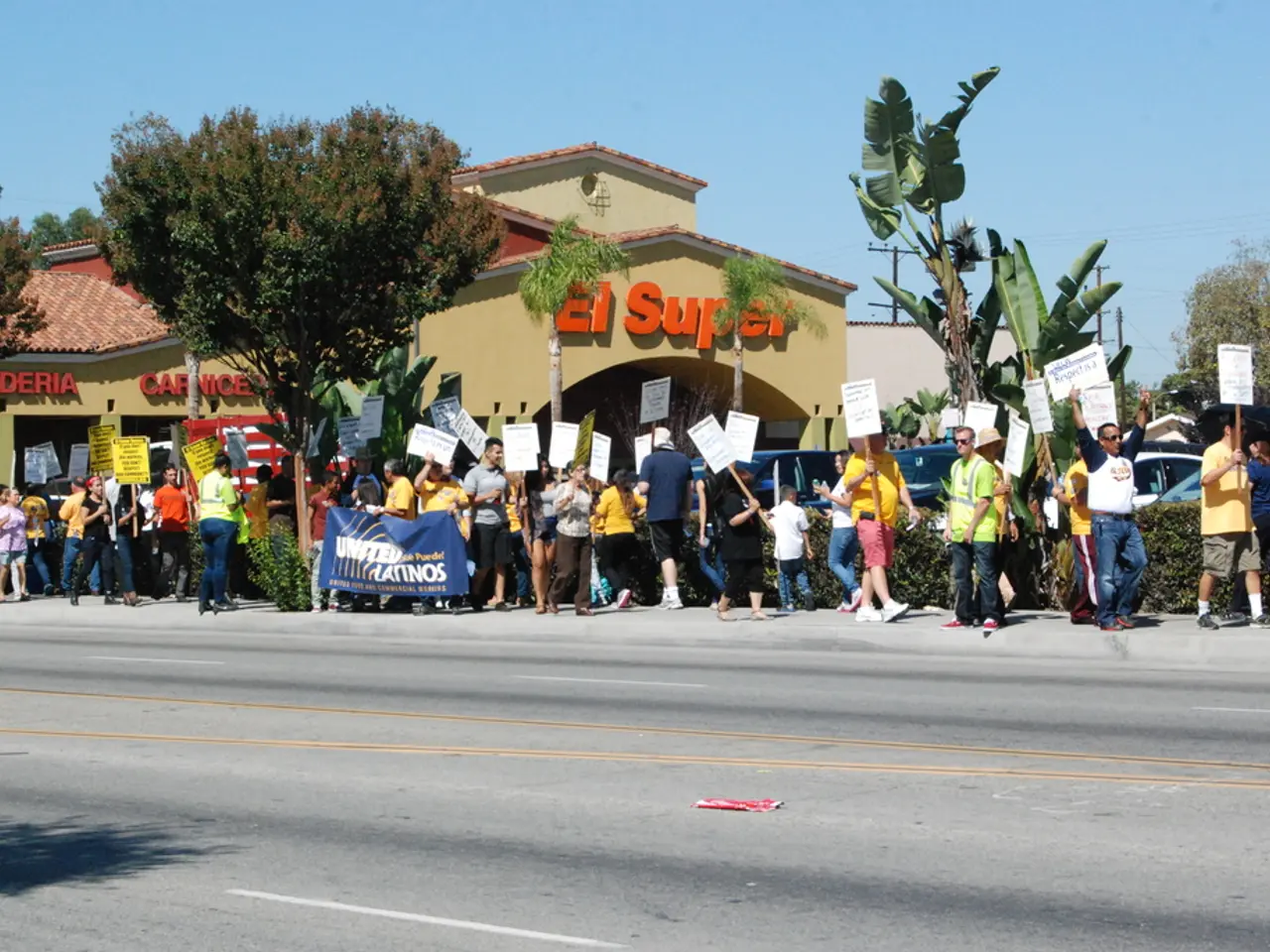Future Direction of Electoral Promotion Strategies for 2025
In the digital age, election campaigns are evolving to connect with younger audiences and adapt to the shifting landscape of communication. Platforms like TikTok, Instagram Reels, and YouTube Shorts are increasingly popular, providing short-form content that resonates with the younger demographic.
Transparency is a key priority for campaigns, ensuring compliance with election commission rules, ethical advertising standards, and disclaimers. This transparency extends to data collection and usage, with campaigns adapting to rising privacy regulations through consent-based data collection, transparent practices, and privacy-preserving advertising strategies.
The future of election campaign marketing is expected to be marked by greater AI integration, real-time voter dashboards, decentralized platforms, and immersive digital campaigning. Virtual and Augmented Reality are being experimented with to create more immersive campaign experiences.
Storytelling plays a crucial role in election campaigns, building emotional connections and making narratives more memorable and persuasive. Video content is utilised extensively for voter engagement through video ads, live streams, and short-form videos.
Programmatic Advertising, the automated purchase of digital ad space, enables precise targeting and cost efficiency. Polling and survey tools are used to measure voter sentiment, refine strategies, and identify emerging issues in real-time.
Active community management on social platforms fosters trust, loyalty, and two-way dialogue. Campaigns integrate online and offline marketing for maximum reach, combining digital ads with rallies, door-to-door canvassing, and traditional media. A mobile-first strategy is essential due to most voters using smartphones.
Influencers are employed to amplify political messaging and reach younger demographics. The use of WhatsApp broadcast lists for voter reminders and targeted advertising on platforms like Facebook are also becoming common tactics.
Looking ahead to the German elections in 2025, trends include intelligent door-to-door campaigning using data-driven targeting of undecided voters, daily short-format social media videos focusing on one issue each, and emphasizing authenticity while managing online interactions. Social media platforms like Instagram, TikTok, and Facebook have become indispensable for candidates, with the challenge of maintaining authenticity amid algorithmic distortions.
In conclusion, modern election campaigns are a blend of innovation, transparency, and engagement. They are adapting to the digital age, leveraging new technologies, and employing strategies that resonate with voters while maintaining ethical standards and transparency.
Read also:
- Tobacco industry's suggested changes on a legislative modification are disregarded by health journalists
- Trump's Policies: Tariffs, AI, Surveillance, and Possible Martial Law
- Uncovering Political Ad Transparency: A Guide to Investigating opponent's Political Advertisements in the Digital Realm
- Elon Musk praises JD Vance's debate performance against Tim Walz








